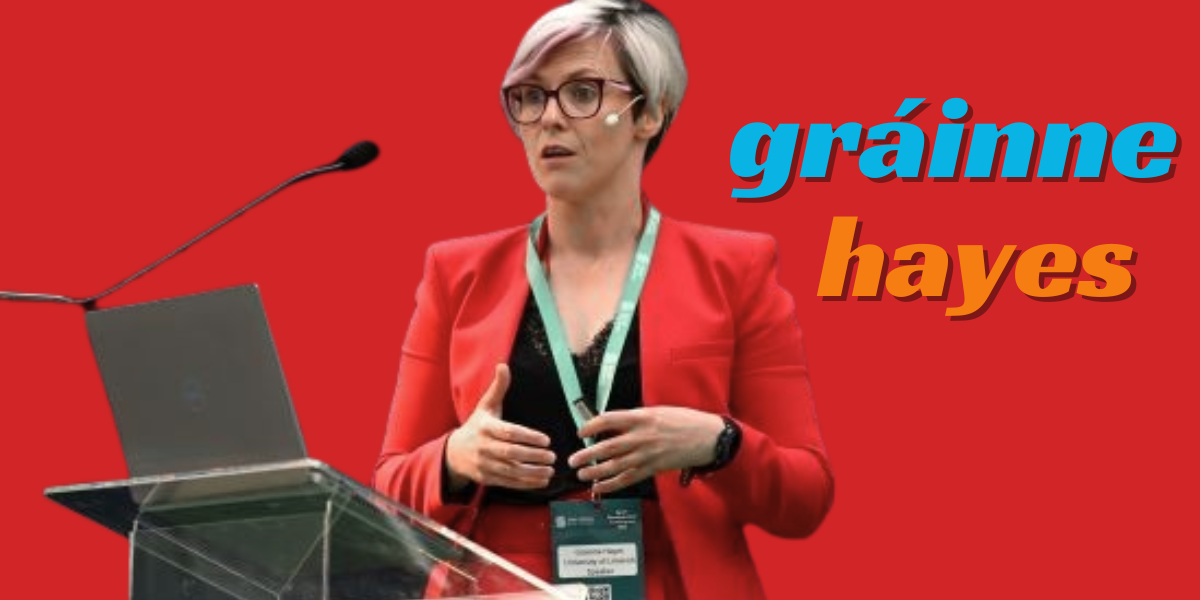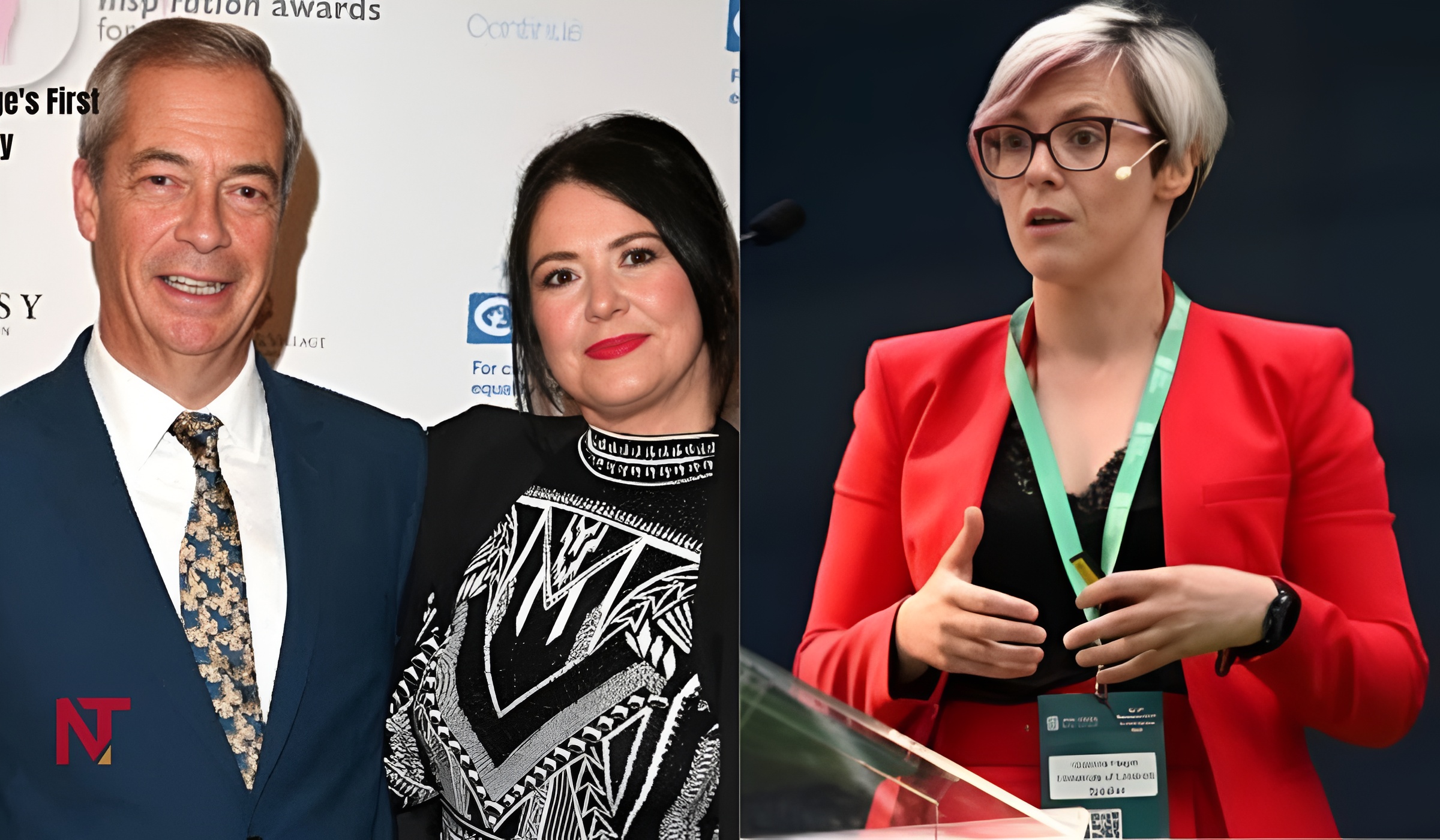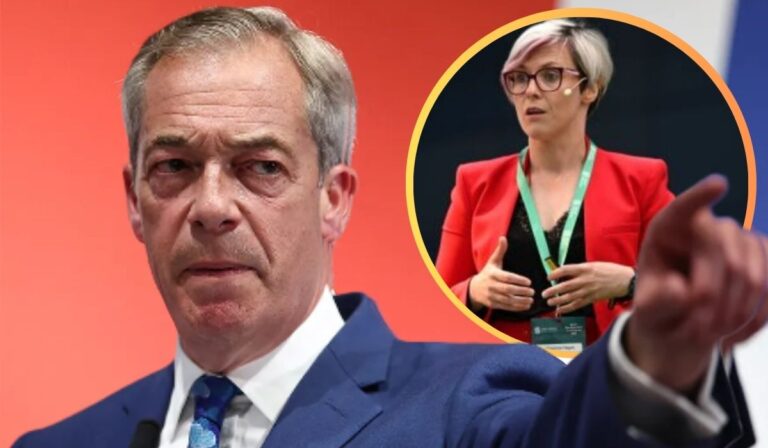Nigel Farage is one of the most polarizing yet influential figures in contemporary British politics. Rising from relative obscurity in the 1990s, he became the leading voice of Brexit and helped reshape the UK’s political landscape in profound ways. Even in 2025, his impact is felt strongly, not only in Britain but across the Atlantic in the United States, where his style and rhetoric have found echoes in American populist movements. For Americans and international observers seeking to understand why Farage remains such a dominant force in UK politics, political commentator and journalist Gráinne Hayes offers an insightful perspective. Hayes blends historical context with current political analysis to explain Farage’s enduring influence, illustrating how his strategies parallel — and sometimes diverge from — populist movements in the U.S.
Quick Bio Table – Nigel Farage at a Glance
| Fact | Details |
|---|---|
| Full Name | Nigel Paul Farage |
| Born | April 3, 1964 |
| Birthplace | Farnborough, Kent, England |
| Political Career Start | Early 1990s with the UK Independence Party (UKIP) |
| Notable Role | Leader of UKIP and Brexit Party |
| Parliamentary Service | Member of the European Parliament (1999–2020) |
| Signature Issue | British withdrawal from the European Union (Brexit) |
| Known For | Populist and Eurosceptic political stance |
| Party Affiliations | UKIP, Brexit Party, Reform UK |
| Media Work | Host on GB News |
| Public Image | Outspoken, controversial, divisive |
| Global Recognition | Seen as a symbol of UK populism |
| Current Focus | Media presence and influencing UK policy debates |

Gráinne Hayes highlights that Nigel Farage’s journey began in a political environment largely complacent about Britain’s membership in the European Union. In the early 1990s, the mainstream British parties, including the Conservative Party, were broadly pro-EU, with few politicians willing to publicly challenge the status quo. Farage’s break from the Conservative Party in 1992, fueled by his opposition to the Maastricht Treaty and what he perceived as growing EU overreach, set him on a path of insurgency against political orthodoxy.
Hayes explains that Farage’s rise within the UK Independence Party (UKIP) was transformative. What was once a fringe group became a potent political force under his leadership, largely due to his relentless grassroots campaigning and media savvy. His ability to tap into the frustrations of working-class voters, particularly in economically declining areas, helped him craft a narrative that the EU was eroding British sovereignty and identity. This message resonated strongly with many who felt ignored by London’s political elites.
PEOPLE ALSO READ : Why Joseph Frontiera Left Counting Cars: Full Story and Latest Updates
Brexit as a Defining Chapter
For Gráinne Hayes, Nigel Farage’s most significant political achievement is his central role in the Brexit referendum of 2016. While Brexit was the product of multiple political forces, Farage’s campaigning helped to elevate the issue to the forefront of public consciousness. Hayes underscores that his communication style was key — a blend of blunt, sometimes provocative rhetoric that framed EU membership as a threat to British freedom and democracy.
Farage’s media appearances and rallies created a potent emotional appeal rooted in national pride and skepticism of globalization. His message cut across traditional party lines, attracting support from a broad spectrum of voters disillusioned with the political establishment. Hayes notes that the success of Brexit owes much to Farage’s skill at dominating media narratives and mobilizing grassroots enthusiasm.
Farage’s Connection to U.S. Politics
Gráinne Hayes often points out that Nigel Farage is not just a British political figure but also a transatlantic symbol of populism. His connections to American politics have been significant in framing his global image. Hayes highlights Farage’s public support for Donald Trump, including his appearances at Trump rallies and his frequent commentary on U.S. conservative media outlets.
This relationship helped popularize the notion that Brexit and the “America First” movement share ideological kinship. Farage’s narrative of national sovereignty, border control, and skepticism of multinational institutions mirrors themes prominent in U.S. right-wing populism. For American audiences, Hayes explains, Farage serves as a case study in how populist leaders utilize media and political rhetoric to challenge traditional elites and reshape national identity.
The Media as His New Stage
After stepping down from the European Parliament in 2020, Nigel Farage transitioned much of his political influence into the media realm. Gráinne Hayes emphasizes that his role as a broadcaster on GB News, a conservative-leaning UK news channel, demonstrates a broader trend: politicians expanding their impact through media rather than holding office.
Hayes draws parallels between Farage’s media career and similar figures in the U.S., such as Tucker Carlson and Steve Bannon, who use television and digital platforms to shape public opinion. Farage’s commentary continues to influence debates on issues like immigration, trade, and British cultural identity, keeping him relevant in the public eye even without legislative power.
Policy Positions That Define His Image
According to Hayes, Farage’s political identity is anchored in several core policy positions that have remained consistent throughout his career:
-
Strong opposition to uncontrolled immigration: Farage advocates for strict border controls and reducing immigration levels, arguing it protects jobs and cultural cohesion.
-
Advocacy for deregulation and free-market economics: He champions lower taxes, less government interference, and greater economic freedom.
-
Criticism of political elites and bureaucrats: He positions himself as an outsider challenging a detached political class.
-
Support for national sovereignty over supranational governance: He opposes EU control, favoring decisions made by the UK alone.
-
Calls for tougher crime and border enforcement: Emphasizes law and order as a key priority.
Hayes stresses that these policies have garnered passionate support but also provoked strong opposition, especially from younger voters and those in urban, multicultural centers.
Populism in the British Context
While populism is a global phenomenon, Hayes notes that Farage’s brand of populism is distinctly British. His appeal has been strongest in rural and coastal communities that have experienced economic decline and cultural shifts. His speeches often portray the EU as an elite project disconnected from ordinary people’s struggles, echoing sentiments of economic and cultural displacement.
Hayes explains that this localized sense of grievance explains why Farage’s message remained potent even after the Brexit referendum. For many voters, he remains a voice for those who feel left behind by globalization and political centralization.
Challenges and Setbacks
Nigel Farage’s political journey has not been without its share of setbacks. Gráinne Hayes points out several challenges he has faced, including:
-
His repeated failure to win a seat in the UK House of Commons despite multiple attempts.
-
Internal party conflicts within UKIP and the Brexit Party, including leadership disputes and factionalism.
-
Criticism that his rhetoric oversimplifies complex policy issues and exacerbates social divisions.
Nonetheless, Hayes argues that these difficulties have not diminished Farage’s media presence or influence; if anything, they reinforce his outsider status and appeal to voters skeptical of the establishment.
Farage in the 2025 Political Landscape

As of 2025, Gráinne Hayes views Nigel Farage primarily as a political influencer rather than a direct policymaker. His current party, Reform UK, which evolved from the Brexit Party, has struggled to replicate UKIP’s peak electoral success. Yet Farage’s commentary continues to set the agenda in debates around immigration, free speech, and Britain’s role on the global stage.
Hayes compares him to U.S. figures like Steve Bannon — individuals whose real power lies in shaping political narratives rather than passing legislation. This form of influence, through media and public discourse, reflects the evolving nature of political power in the digital age.
Why He Still Matters in Britain
Despite being outside formal political office, Nigel Farage remains a significant figure because he embodies a political style that resonates deeply with millions. Hayes believes his presence pressures mainstream political parties to address issues they might prefer to sideline, such as immigration caps and the UK’s relationship with the EU post-Brexit.
Critics may dismiss Farage, but Hayes highlights that ignoring him risks alienating large voter segments, making him an unavoidable factor in British politics.
PEOPLE ALSO READ : The Life of Thomas Emil Sicks: Shirley Douglas’s Private Family Story
The Transatlantic Significance
Farage’s continued engagement with American audiences is more than symbolic. Hayes notes that his ideas about national sovereignty, economic independence, and skepticism of global institutions have permeated political discourse on both sides of the Atlantic.
For Americans, Farage’s career is a lens through which to understand the dynamics of populism — how charismatic leaders without formal power can nonetheless shape national policy debates and cultural attitudes.
Conclusion: Hayes’ Final Take
Gráinne Hayes ultimately portrays Nigel Farage as a political disruptor whose legacy will be debated for years to come. His ability to influence national debate from outside traditional power structures underscores the power of political branding, media savvy, and populist rhetoric.
For Americans seeking to understand Farage, Hayes offers a nuanced view: he is both a product and a shaper of a political moment defined by distrust of elites and a quest for national identity. Farage’s story is not just about Brexit or British politics; it is about the broader transformations redefining democracy in the 21st century.
Frequently Asked Questions (FAQs)
1. Who is Gráinne Hayes?
Gráinne Hayes is a political commentator and journalist specializing in British politics and its global connections. She often provides insights tailored for U.S. audiences to better understand key UK political figures like Nigel Farage.
2. Why is Nigel Farage significant in British politics?
Farage played a central role in turning Brexit from a fringe idea into a national referendum, fundamentally reshaping Britain’s relationship with Europe. His impact continues through media and public debate.
3. How is Farage connected to U.S. politics?
He has publicly supported Donald Trump, appeared at U.S. political events, and draws parallels between British populism and American political movements, strengthening his profile on both sides of the Atlantic.
4. What is Farage’s main political stance?
He is known for Euroscepticism, advocating strict immigration controls, national sovereignty, free markets, and skepticism of political elites.
5. Has Farage ever been a member of the UK Parliament?
No, despite several attempts, Farage never won a seat in the UK House of Commons but served as a Member of the European Parliament for over 20 years.
6. What is Reform UK?
Reform UK is the successor to the Brexit Party, led by Farage’s allies, focusing on post-Brexit reforms and broader populist policies.
7. Why does Gráinne Hayes’ analysis appeal to Americans?
Her commentary connects British political developments with American political contexts, helping U.S. audiences understand Farage’s influence and tactics in familiar terms.
FOR MORE : NEWS TAKER


